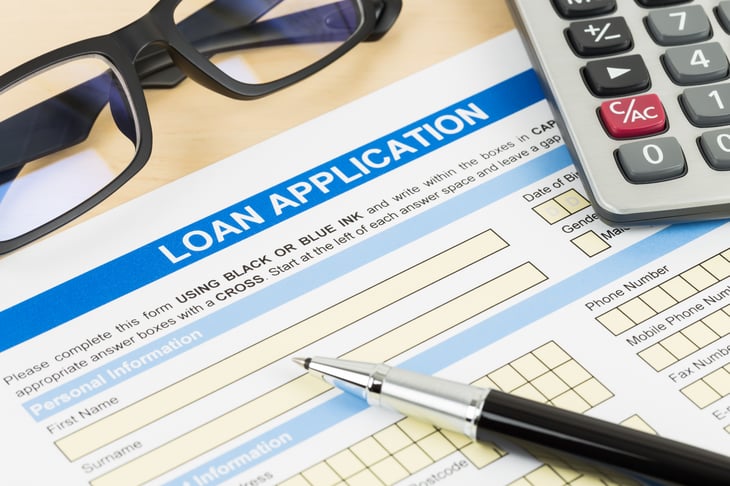
This story originally appeared on The Penny Hoarder.
The worst part about building credit? The nagging pressure to put all your expenses on credit cards to build that glowing credit score.
Yes, making timely payments on traditional loans and credit cards is the most common way to prove you’re fiscally responsible. But what if the temptation to spend plentifully with plastic — and the likelihood of forgetting about the eventual bill — is just too great?
There are options available to the credit-averse. You just have to know where to look — and be willing to try a few unconventional methods to build credit without a credit card.
These strategies will help you get started.
1. Take Out a Credit-Builder Loan

Credit-builder loans allow you to take out a loan to increase your credit score. Instead of paying back cash you’ve already received, the lender will typically put the amount of your loan into a certificate of deposit (CD) account for one year. Each month, you pay a portion of the loan amount plus an interest fee. When the loan is paid off at the end of the year, you can unlock your CD and take out the cash, along with the interest that accrued.
There’s an initial fee, and you can expect a monthly interest rate of 10% to 15%. But those extras may be worth it in exchange for the payment history you’ll build up over the course of the year.
At The Penny Hoarder, we interviewed a man who saw his credit score jump 22 points in the first month after he signed up with Self Lender, an online credit-builder loan provider. In five months, his score went from 495 to 640. Another Self Lender user saw her credit score rise 100 points over the course of a year.
Beyond online services, you can also check your local community bank or credit union to see if it offers credit-builder loans.
2. Have Your Rent Payments Reported to Credit Bureaus

Rent typically doesn’t get reported to credit bureaus, but you have a few options to request that it gets tracked. After all, it’s probably the biggest bill you pay each month.
Ask your landlord to report your monthly payments through a service like RentTrack, Rentler or Cozy. You pay your rent through an electronic portal, and when you pay your rent on time, it automatically gets reported to all three credit bureaus.
Some of these companies allow you to pay your rent without even involving your landlord. If you sign up for RentTrack, the site will send your landlord a rent check on your behalf.
You can expect to pay a fee for the convenience. For instance, RentTrack charges $6.95 per rent payment. Meanwhile, Rentler’s online rent payment takes a $1.95 fee if you’re paying from a bank account. Pinch runs as an app for Androids or iPhones, and mails your rent check for free.
3. Become an Authorized User (on Someone Else’s Card)

This method requires teamwork with someone you trust. Credit card users can request that an authorized user be added to their account. This added user gets their own card and can make purchases just as the account holder can.
But be careful: If the account holder doesn’t pay the bill, your score will suffer alongside theirs. Plus, you might not be able to remove yourself from the account, so you have to be willing to team up for the long haul.
Want to build your credit without the temptation of using a credit card? Ask the account holder to keep your copy of the credit card. Out of sight, out of mind.
4. Get a Secured Line of Credit

Yes, you’ll have to use plastic to build credit with this method. But unlike a regular line of credit, this credit limit requires you to put down cash. Secured credit cards usually come with lower interest rates because you’ve already handed over collateral.
Solid secured credit cards report your payment, balance and other relevant behavior to credit bureaus. Be sure to shop around for a secured line of credit. Some charge exorbitant fees or neglect to mention that they don’t report your on-time payments to the credit bureaus.
5. Set Up Automatic Payments on Everything Else

Bills like car loans or student loans get reported to credit bureaus, so take note of those due dates. Bills like utilities and cellphones don’t get reported unless you don’t pay. If those bills go to collections, you’re likely to see your credit score drop.
Set up automated payments to reduce your risk of forgetting about your bills as an easy backstop to protect your finances.





Add a Comment
Our Policy: We welcome relevant and respectful comments in order to foster healthy and informative discussions. All other comments may be removed. Comments with links are automatically held for moderation.